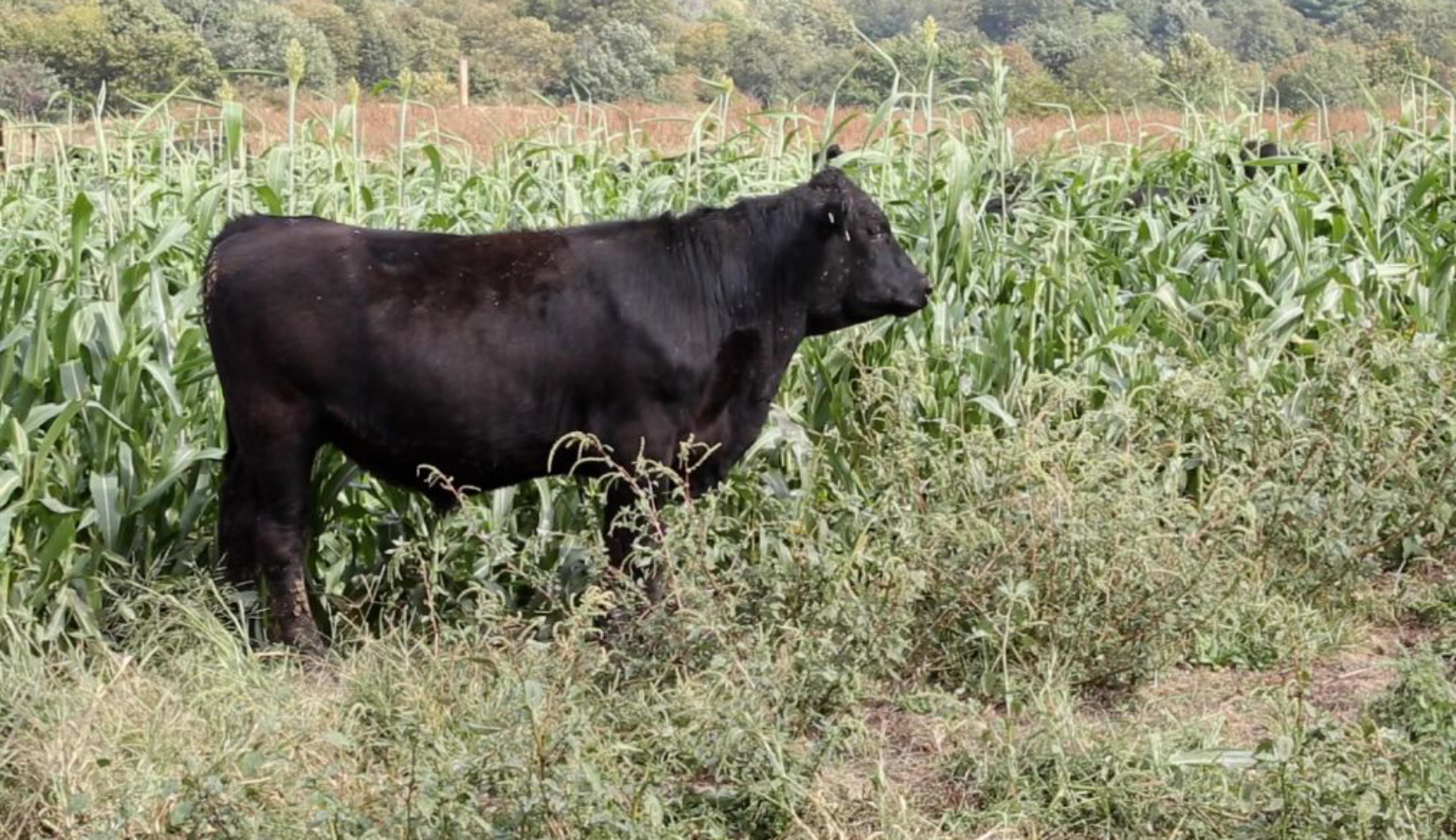Fewer cows led to a drop in greenhouse gas emissions around the country

Fewer cows led to a slight drop in the greenhouse gas emissions from agriculture. That’s according to data from the U.S. Environmental Protection Agency from 2021 to 2022.
When cows burp or fart they release methane — a greenhouse gas 28 times more potent than carbon dioxide.
Drought made worse by climate change led to less pasture land — which was the main culprit behind the decrease in cattle nationally. But Dave Fischer of Fischer Farms near Jasper said Indiana has also had what he calls “micro-droughts” — where there’s no rain for several weeks at a time.
“We do a lot of rotational grazing and so you’re trying to come back around to that pasture again and because of the drought, it hasn’t grown back. You know, it’s hurt our production, it’s hurt our number of cattle that we can have running per acre,” he said.
Fischer said the high prices for corn and soybeans also likely steered farmers toward putting more land into crops instead of pasture. Though those prices have sharply declined in the past year or so. Some cattle farmers are also aging out of the business.
Madison County farmer Brian Shuter is the executive vice president of the Indiana Beef Cattle Association. He said some sustainable practices could bring those numbers back up while also sequestering some carbon emissions.
“We’re seeing more and more of our corn farmers use cover crops and do some other things to mitigate soil erosion. And that lends to having some cows to be able to graze that cover crops in the off seasons,” Shuter said.
Join the conversation and sign up for the Indiana Two-Way. Text “Indiana” to 765-275-1120. Your comments and questions in response to our weekly text help us find the answers you need on climate solutions and climate change at ipbs.org/climatequestions.
With the help of a federal grant, Fischer Farms is working to produce carbon negative beef. That includes an experimental project to feed cows red kelp, with the hope of reducing greenhouse gas emissions from its cattle by more than 80 percent.
Though agricultural emissions only dropped by 1.8 percent nationally from 2021 to 2022, it was the largest decrease of any economic sector in the U.S. during that period.
In Indiana, agriculture saw a nearly 1 percent decrease in emissions while transportation saw a 3 percent decline and industry saw a nearly 2 percent decline.
Rebecca is our energy and environment reporter. Contact her at rthiele@iu.edu or follow her on Twitter at @beckythiele.


